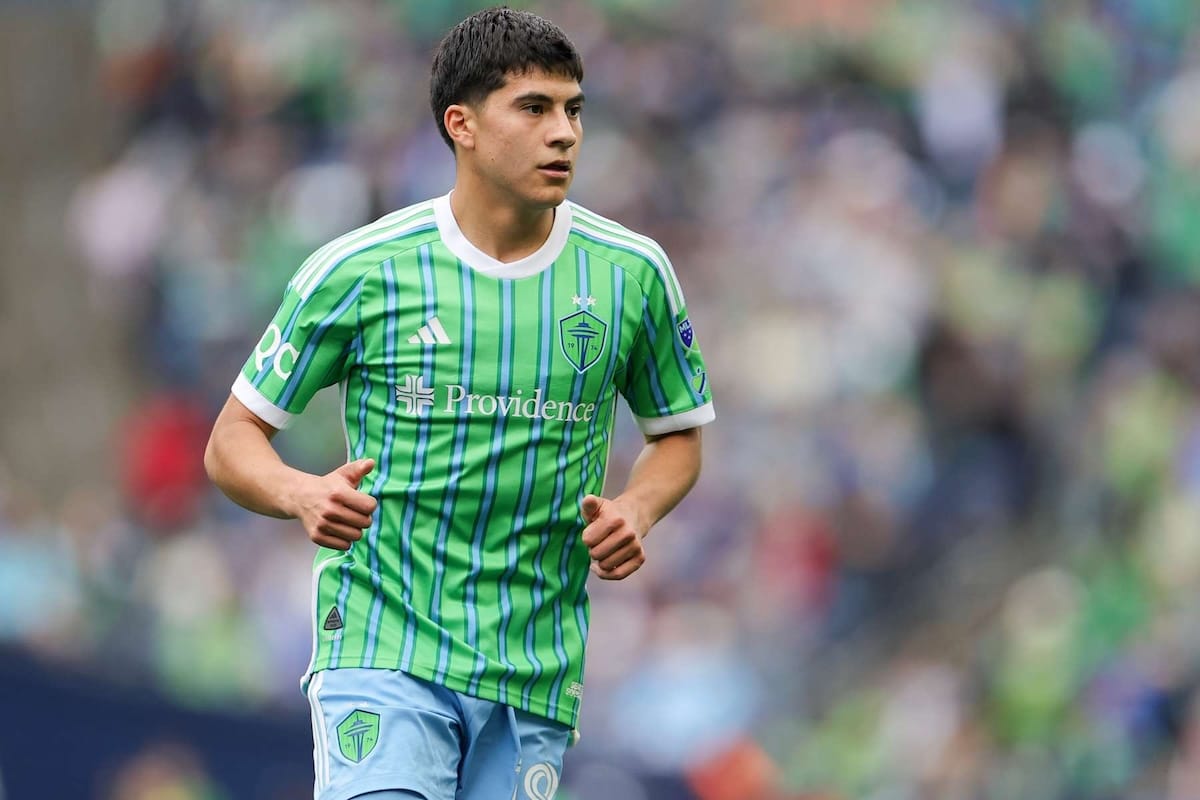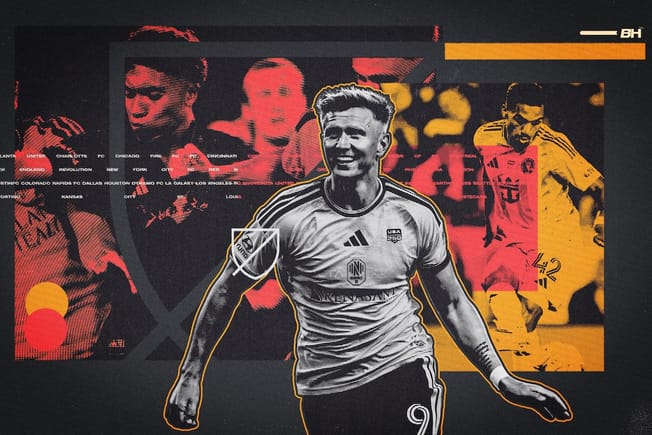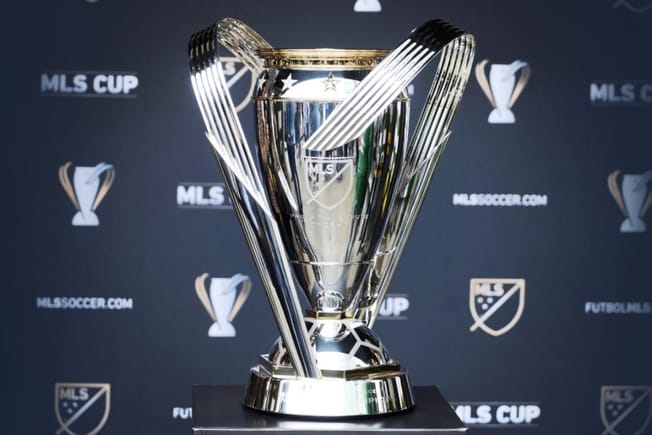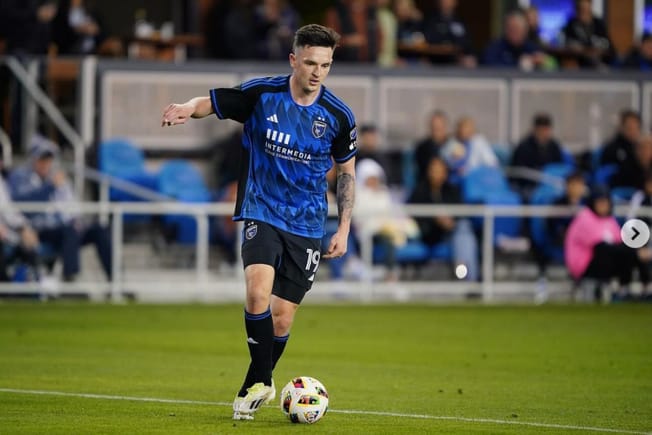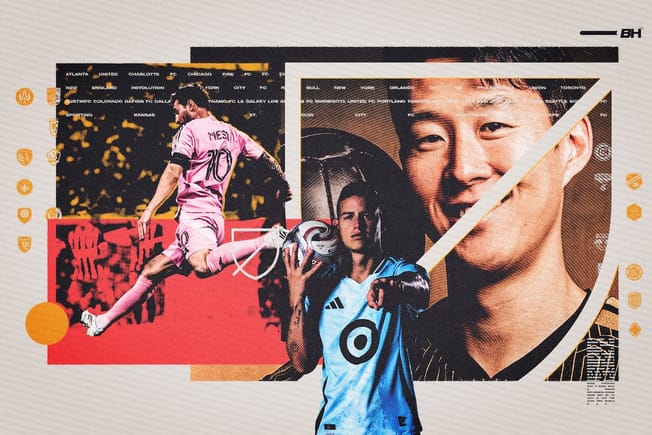When Obed Vargas realized his soccer career was over, he had to run away from the pain. He’d only wanted one job as a child: being a player. He started at a team in his pueblo, then made his way into the Atlético Morelia academy and played semi-pro. But at age 19, it was over.
“I wanted to get away, as far as possible from Mexico because I couldn’t achieve my dream of playing professional soccer,” he told Backheeled.
He did a decent job going far, trading the colonial stone buildings and the rolling hills of Michoacán for Alaska’s Aleutian Islands. There, he joined up with an aunt living in the far-flung state and worked processing salmon and halibut. After three years of seasonal work, he decided Anchorage would be home. He started kicking the ball again, too.
When each of his four children were born, he made his wife Marisol a promise. “I’m not going to pressure them. If they like soccer, they like it,” he told her. But it was only natural that they too would have their ball at their feet. “Seeing me play, watching soccer with me on TV, taking them to the park with the ball when they were really little, I think that influenced them to keep playing as they grew and were starting to find that love of soccer.”
That’s how a Mexican-American soccer family grew in ice-cold Alaska, with the two Vargas daughters playing college soccer and both sons entering the Seattle Sounders academy. All four are good players. Vargas says the kickarounds in the yard during the three or four months the Alaska weather allowed them were “kill or be killed, of course with everyone having respect for each other.” But when Obed’s older son – and namesake – was six or seven years old, “I started to see that he was different, that he had skills and abilities that were different than other kids playing soccer.”


